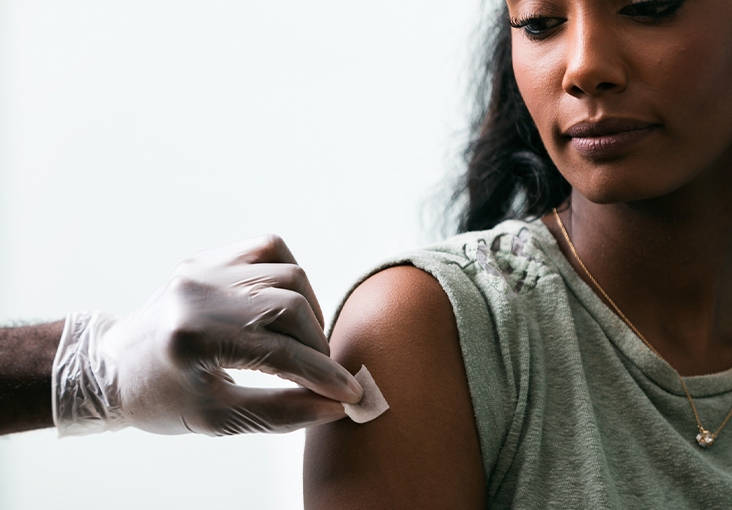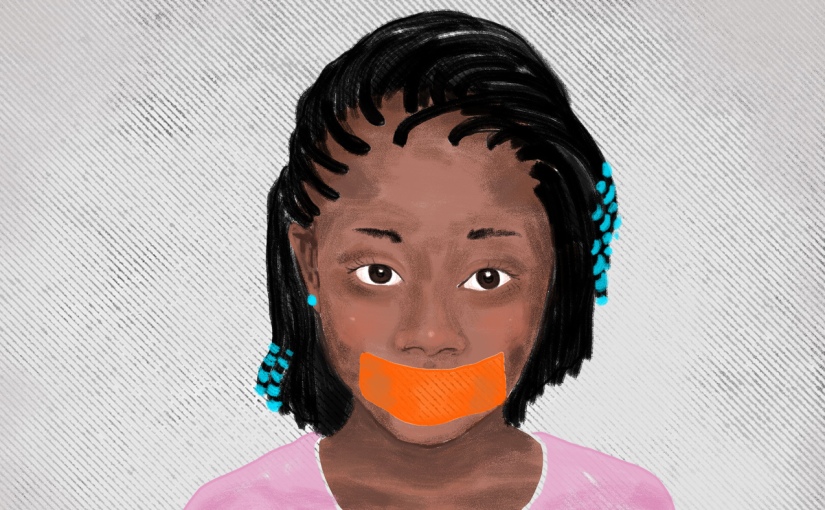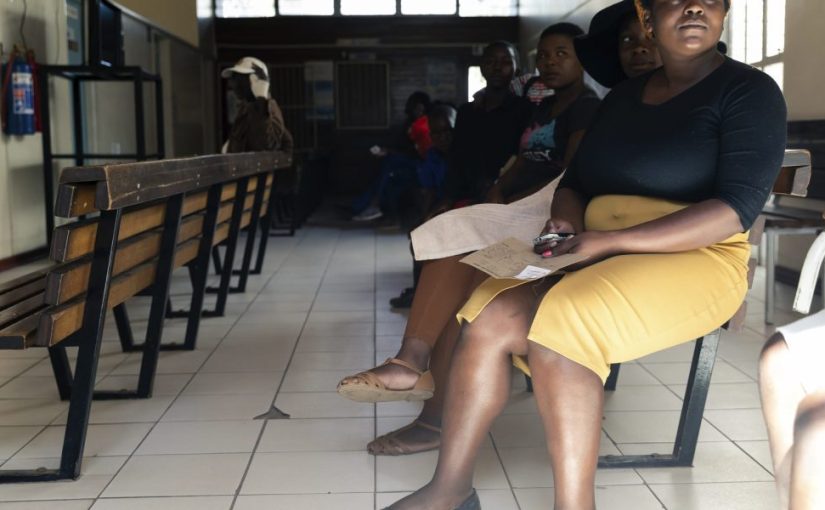Being financially independent means that you’re completely responsible for your own expenses, or no longer rely on your guardian/partner to give you money or cover some of your bills. Financial independence can mean different things to different people, but it’s important for young people to work towards being independent and empowered to make our own life decisions. Here’s how.
Assess yourself
Learning about ourselves isn’t always easy. But the more you know about yourself, the better decisions you’ll make about your lifestyle. Start by evaluating your skills and achievements. This can help you decide on ways to make income, such as finding a job (part time/full time) or starting a business.
Examples of part-time jobs could be a shop assistant, waitress or a part-time bank teller, to name a few. Also, working part-time will look good on your college/university application and future job applications.
Set financial goals
Writing down your life goals and how you’ll achieve them financially is a good step. This includes re-writing and reviewing your short- and long-term goals consistently, and thinking of ways to accomplish them. For example, short-term goals can be focusing on debt payment and a long-term goal can be budgeting towards a house or car. It’s important to be patient when reviewing your long-term goals.
Draw up a budget
Budgeting is a must. It can help you control your spending, track your expenses, and save more money. Budgeting can also help you make better financial decisions, prepare for emergencies, get out of debt, and stay focused on your long-term financial goals.
Try not to be too hard on yourself when trying to stick to your monthly budget, because there may come a time when you may need to tap into your savings for something important.
Start saving now
Financial planners always say it’s important to save 10% of your income for future needs, for emergencies, and to have something to fall back on when needed. Saving isn’t easy, and requires a lot of discipline to stay on track, but it’s the single most important habit that’ll change your life. It doesn’t matter how much you earn; putting a portion aside will start building your savings. Learning to save early in life will help you achieve your goals much quicker, and get you financially independent.
Be disciplined
Although it’s a good idea to have some spending freedom now and then, having financial discipline allows you to distinguish between healthy and unhealthy spending. Automating your savings helps you avoid the temptation to spend your money on things you don’t need. You can talk to your bank about automating your savings.
Organising and planning our finances is vital. We need to have a healthy relationship with money so we can be mindful of where our income goes, and also be able to plan for the future. Following these simple tips will help you become more financially independent. Do you have any other tips? Share them in the comments!



